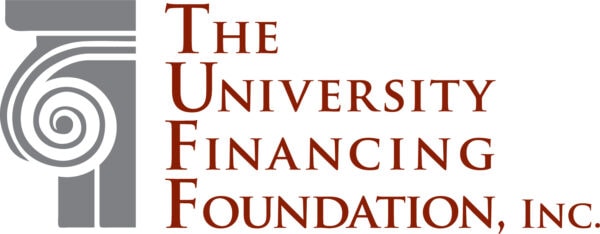Academic and industrial researchers have achieved very impressive breakthroughs in artificial intelligence (AI) in recent years. Large-scale investments in AI from governments and the private sector worldwide will likely fuel breakthrough achievements, new technologies, and new tools that potentially transform industries, businesses, governments, and educational institutions.
Engineering subfields are actively engaged in these developments. Robotics, automation, and control theory are leading the development of AI with autonomy and safety guarantees. Information theory and signal processing are also making important contributions. At the same, other fields such as civil engineering, environmental engineering, mechanical engineering, materials science, etc. are taking advantage of powerful new machine learning and big data technologies.
In view of the rapid progress in AI, it is critically important that engineering leaders in academic, industry, and government organizations are leaning forward and positioning engineering research community to play leadership roles in (1) the development of new AI technologies suited for engineering applications and imperatives as well as (2) in the use of the most powerful AI techniques to advance engineering research fields.
